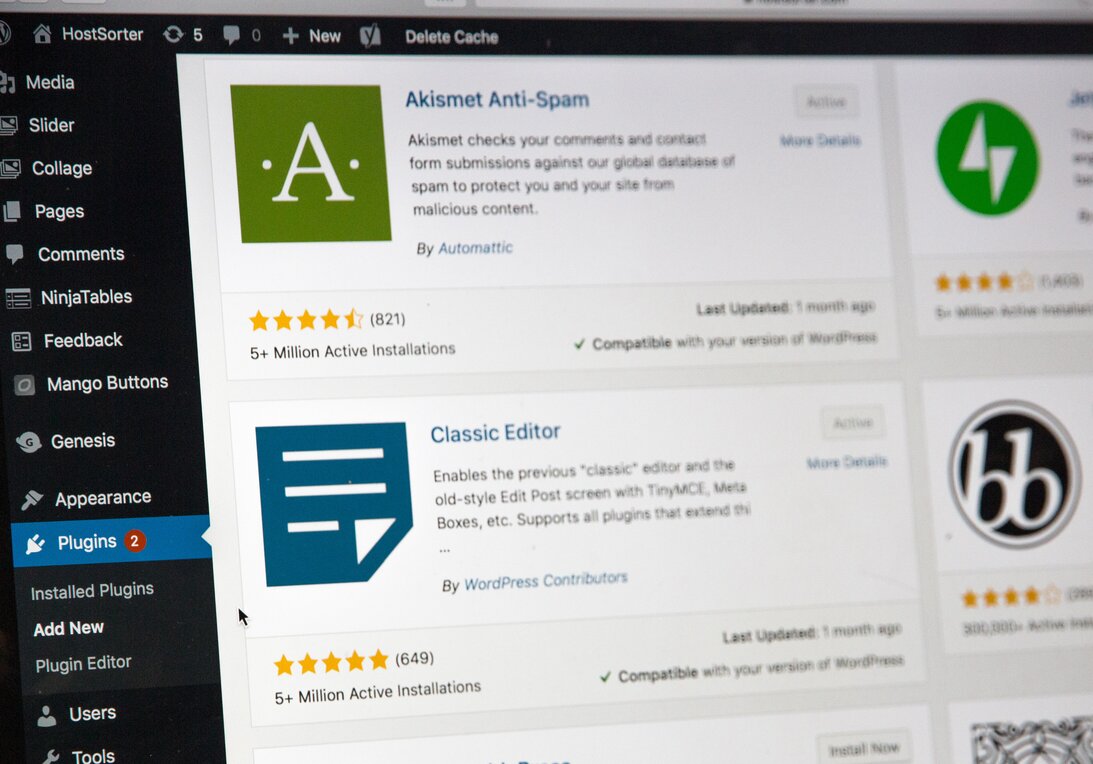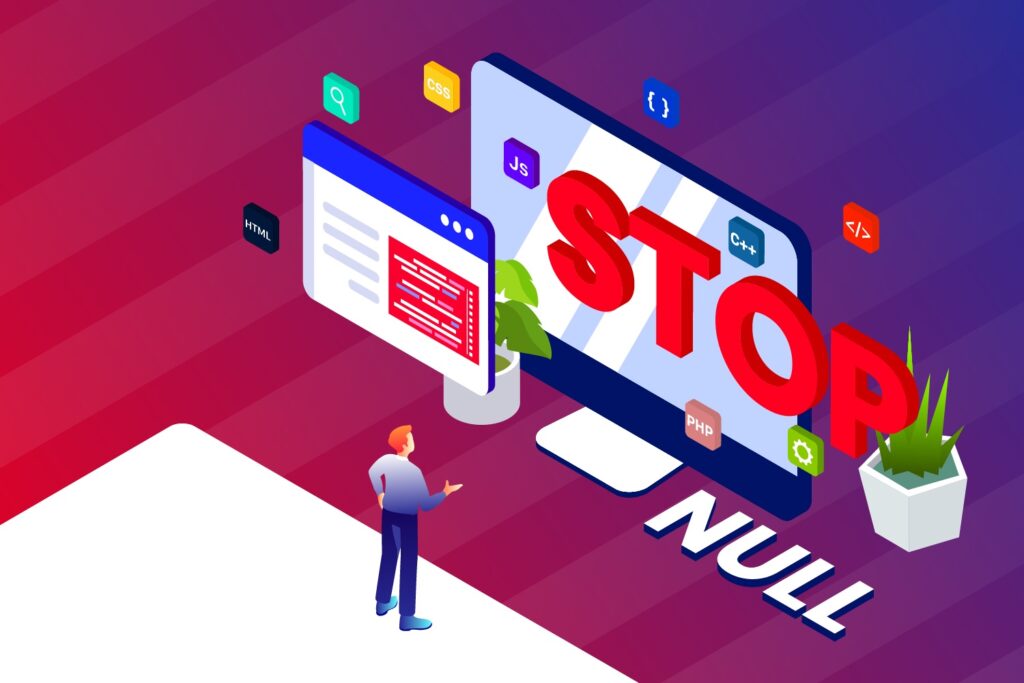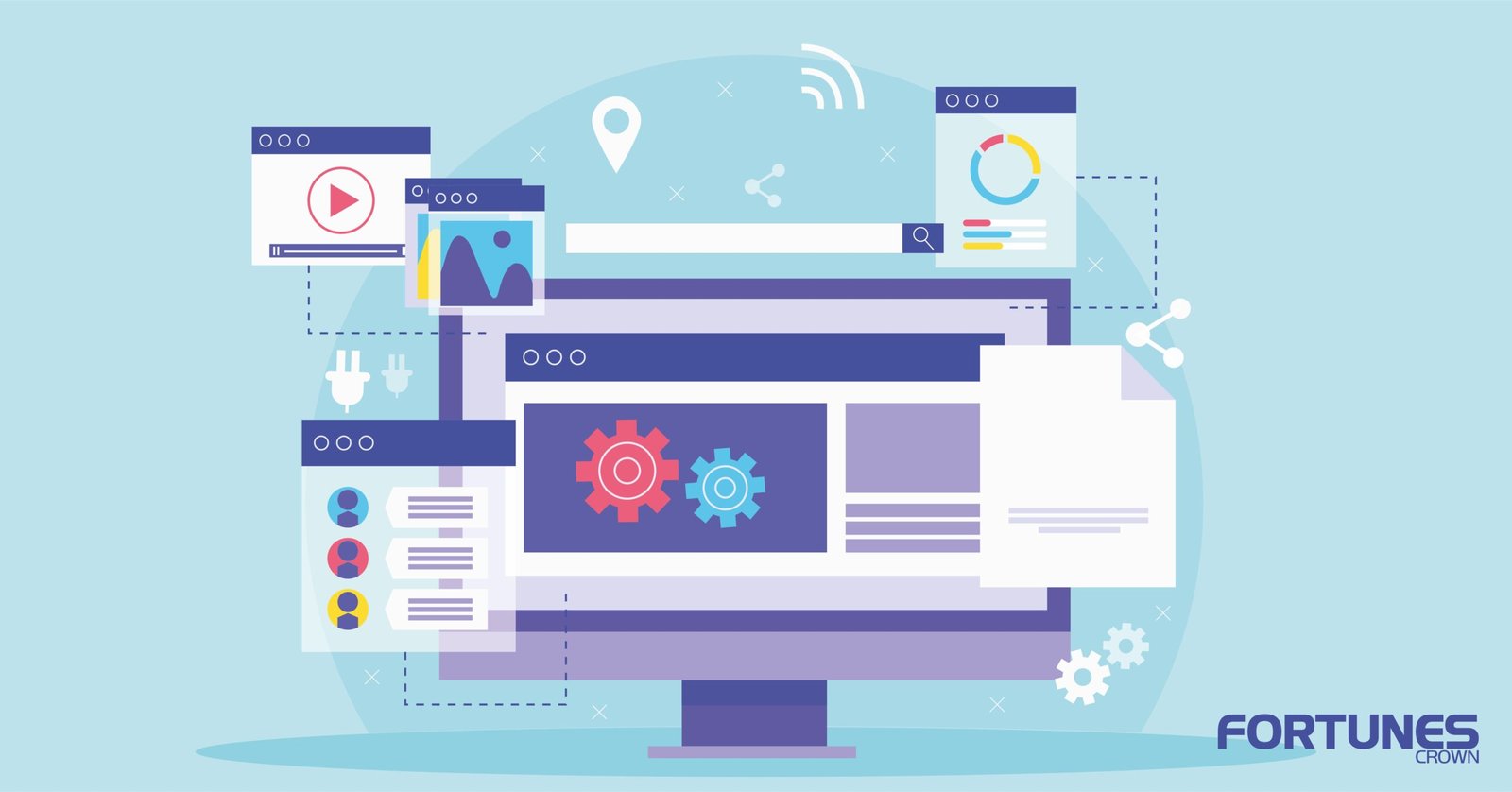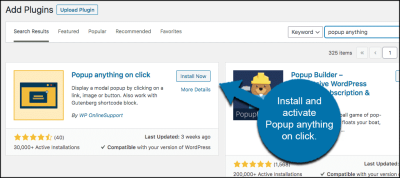Hey there! If you’re into building websites with WordPress, you’ve probably come across the term “nulled” themes and plugins. Simply put, these are pirated versions of premium themes and plugins that are shared illegally online. While they might seem tempting because they’re free and sometimes look just like the real deal, there’s a lot more beneath the surface that you should know. In this post, we’ll explore what nulled themes and plugins really are, and why choosing them can be a big mistake for your website and online success.
The Risks Associated with Using Nulled WordPress Themes and Plugins

Using nulled themes and plugins might seem like a quick fix to save money, but it comes with serious risks that can end up costing you much more in the long run. Here’s what you need to watch out for:
- Security Vulnerabilities: Nulled files often contain malicious code, backdoors, or malware. Hackers can exploit these weaknesses to gain access to your website, steal sensitive data, or even take control of your site. This not only puts your data at risk but can also compromise your visitors’ information.
- Legal Issues: Using pirated themes and plugins is illegal. It infringes on the intellectual property rights of developers who work hard to create these tools. If caught, you could face legal actions, fines, or takedown notices that disrupt your website’s operation.
- Lack of Updates and Support: Official premium themes and plugins come with regular updates to improve features, fix bugs, and patch security flaws. Nulled versions don’t get these updates, meaning your website becomes vulnerable over time and you miss out on improvements. Plus, if you run into issues, support from developers is usually unavailable.
- Compatibility Problems: Without proper updates, nulled themes and plugins can conflict with your WordPress core or other plugins, causing errors or breaking your website’s functionality. This can lead to frustrating downtime and additional troubleshooting costs.
- Damage to Reputation: If your website gets hacked or infected due to nulled software, it can damage your reputation with visitors and search engines. Trust is essential online, and a compromised site can be hard to recover from.
- Financial and Time Costs: While nulled themes might be free, the potential costs of cleaning up malware, recovering your site, or dealing with legal issues far outweigh any initial savings. It’s often more cost-effective to invest in legitimate themes and plugins from trusted sources.
In summary, while nulled themes and plugins might seem like an easy shortcut, they pose significant security, legal, and operational risks. Playing it safe by sticking to official, licensed tools ensures your website stays secure, functional, and trustworthy — which is ultimately better for your online success and peace of mind.
3. Security Vulnerabilities and Malware Threats

When you’re on the hunt for a theme or plugin to enhance your WordPress website, it’s tempting to go for free or “nulled” versions that promise premium features without the price tag. But here’s the thing — these nulled themes and plugins often come with a hidden, dangerous cost: security vulnerabilities.
Many of these nulled files are modified versions of legitimate products, but they can include malicious code inserted by hackers or unreliable sources. This malware can do all kinds of nasty things — from stealing your login details and user data to redirecting visitors to malicious sites. Imagine a hacker gaining access to your website and turning it into a spam or malware distributor. Not only does this compromise your site’s integrity, but it can also lead to your site being blacklisted by search engines or flagged by security tools.
Here are some common security issues associated with nulled themes and plugins:
- Backdoors: Hidden code that allows hackers to access your site anytime they want.
- Malicious Scripts: Scripts that can inject spam content or redirect your visitors.
- Unpatched Vulnerabilities: Since nulled files often aren’t updated, they miss security patches that fix known issues in legitimate versions.
Using nulled themes and plugins is like leaving your house door wide open with a “please break in” sign attached. The risks are just too high when it comes to the security of your website and your visitors’ data. It’s always better to invest in legit, regularly updated themes and plugins. Not only do they keep your site safer, but they also give you peace of mind knowing you’re not unknowingly hosting malware or vulnerable code.
4. Lack of Support and Updates from Developers

Another big reason to steer clear of nulled themes and plugins is the absence of support and updates from the original developers. When you buy a premium theme or plugin legitimately, you usually get access to a team of developers who regularly release updates. These updates fix bugs, improve security, and add new features, ensuring your website stays current and functional.
But with nulled versions, all that support and those updates disappear. Once you install a nulled theme or plugin, you’re on your own. If something breaks or doesn’t work as expected, there’s no official support team to turn to. You might find some forums or unofficial guides, but they’re often outdated or unreliable. This can leave you stuck troubleshooting issues without clear solutions, wasting your time and frustration.
Furthermore, developers frequently release updates to patch security vulnerabilities and improve compatibility with WordPress core updates. When you’re using a nulled product, you miss out on these critical patches, leaving your website vulnerable to exploits. Over time, this can lead to compatibility issues, broken features, or even site crashes.
Think of it like buying a car without a warranty or roadside assistance. Sure, it might work fine now, but if something goes wrong, you’re left to figure it out on your own. Investing in legitimate themes and plugins means you get ongoing support, updates, and peace of mind — all of which are invaluable when it comes to maintaining a healthy, secure website.
5. Legal and Ethical Concerns of Using Nulled Themes and Plugins
When it comes to your website, sticking to the right side of the law isn’t just about avoiding fines — it’s about maintaining integrity and trust with your visitors. Using nulled themes and plugins might seem like a quick way to save some money, but it brings along a host of legal and ethical issues that are worth considering.
First off, nulled themes and plugins are often distributed without the proper licensing. This means you’re essentially using someone’s copyrighted work without permission, which is a clear violation of intellectual property laws. If you’re caught using pirated software, it could lead to legal action against you or your business, including hefty fines or even lawsuits.
Beyond the legal risks, there’s a strong ethical concern. Developers invest significant time and effort into creating high-quality themes and plugins. When you use nulled versions, you’re depriving them of their rightful earnings. This discourages innovation and the development of new features, ultimately harming the WordPress ecosystem as a whole.
Additionally, many nulled themes and plugins are obtained from untrustworthy sources. They might contain malicious code or backdoors that can compromise your website’s security. Using such software not only puts you at risk legally but also ethically, as you’re contributing to a cycle of piracy and potentially harming other users.
To put it simply, using nulled themes and plugins isn’t just a bad idea for your website’s security — it’s also a breach of trust and legality. Choosing legitimate, licensed tools supports the developers who work hard to improve the platform and ensures your website remains compliant with laws and best practices.
6. How Nulled Themes and Plugins Can Damage Your Website’s Performance
Ever wondered why your website feels sluggish or keeps crashing? Sometimes, the culprit is lurking in the form of nulled themes and plugins. While they might seem tempting because of their free price tag, they can cause serious harm to your site’s performance and stability.
First, nulled themes and plugins are often modified or tampered with. These modifications can introduce code that isn’t optimized for performance. As a result, your website may load slowly, which frustrates visitors and can negatively impact your search engine rankings. A slow site isn’t just annoying — it’s bad for your business.
Moreover, since nulled items aren’t updated officially, they often miss out on essential security patches. Outdated software is a prime target for hackers, and if your site gets compromised, it can lead to downtime, data loss, or even complete website failure. Restoring your site after an attack can be costly and time-consuming.
Another issue is compatibility. Nulled themes and plugins may not play well with other parts of your website or the latest WordPress updates. This can cause conflicts, errors, and crashes, making your site unstable and difficult to maintain.
Let’s not forget about the potential for hidden malware. Some nulled items come bundled with malicious scripts that can hijack your website, steal sensitive data, or send spam without your knowledge. This kind of damage can tarnish your reputation and scare away visitors.
In summary, using nulled themes and plugins is a risky gamble. They can slow down your website, introduce security vulnerabilities, cause compatibility issues, and even lead to complete website failure. Investing in legitimate, well-coded themes and plugins might cost a bit more upfront, but it’s a smart move for a stable, secure, and high-performing website long-term.
7. Safer Alternatives to Nulled WordPress Themes and Plugins
Now that you understand the risks associated with nulled themes and plugins, you might be wondering what safe options are available. Fortunately, there are plenty of legitimate sources where you can find high-quality, secure, and regularly updated themes and plugins for your WordPress site. Let’s explore some of the best alternatives.
Official WordPress Repository
The WordPress.org plugin repository and theme directory are gold mines for free, trustworthy themes and plugins. All the items here undergo a strict review process, ensuring they are safe and compatible with the latest WordPress version. Plus, they are usually maintained actively, so you get timely updates and security patches.
Premium Marketplaces
If you’re willing to invest a bit, premium marketplaces like ThemeForest, CodeCanyon, and Elegant Themes offer a wide selection of professionally developed themes and plugins. These platforms vet their products thoroughly, and purchased items come with dedicated support, updates, and documentation — which means a lot less headache for you.
Developer Websites and Verified Sellers
Many reputable developers sell themes and plugins directly from their websites. Buying directly from a developer ensures you’re getting authentic, secure products. Look for vendors with good reviews, active support forums, and clear update histories. Always check for recent updates and user feedback before making a purchase.
Important Tips for Choosing Safe Themes and Plugins
- Check reviews and ratings: This gives you an idea of reliability and user satisfaction.
- Ensure regular updates: Active development means better security and compatibility.
- Review support options: Good support indicates the developer cares about their users.
- Verify compatibility: Make sure the theme or plugin works with your WordPress version.
By sticking to these legitimate sources and following best practices, you can significantly reduce security risks and ensure your website remains stable, fast, and secure. Remember, investing in quality themes and plugins pays off in the long run — better security, smoother performance, and peace of mind.
8. Conclusion and Best Practices for WordPress Website Security
Building and maintaining a secure WordPress website doesn’t have to be complicated, but it does require some good habits and awareness. The temptation of nulled themes and plugins might seem tempting because of the cost savings, but the potential security threats far outweigh the benefits. Instead, focusing on best practices can keep your website safe, reliable, and running smoothly.
Key Takeaways for WordPress Security
- Use legitimate sources: Always download themes and plugins from trusted repositories or official vendor sites.
- Keep everything updated: Regularly update WordPress core, themes, and plugins to patch vulnerabilities.
- Implement strong passwords: Use complex passwords and enable two-factor authentication where possible.
- Backup regularly: Schedule daily or weekly backups to easily restore your site if something goes wrong.
- Limit login attempts and use security plugins: Tools like Wordfence or Sucuri Security can help monitor and block malicious activity.
- SSL certificates: Enable HTTPS to encrypt data transfer, boosting trust and security.
- Remove unused themes and plugins: The fewer components, the smaller the attack surface.
Final Thoughts
Security isn’t a one-time setup but an ongoing process. By making smart choices—like avoiding nulled themes and plugins, sticking to reputable sources, and implementing good security measures—you’re protecting your website, your visitors, and your online reputation. Remember, a secure website builds trust, boosts SEO, and ensures your online presence remains strong and reliable for years to come.


